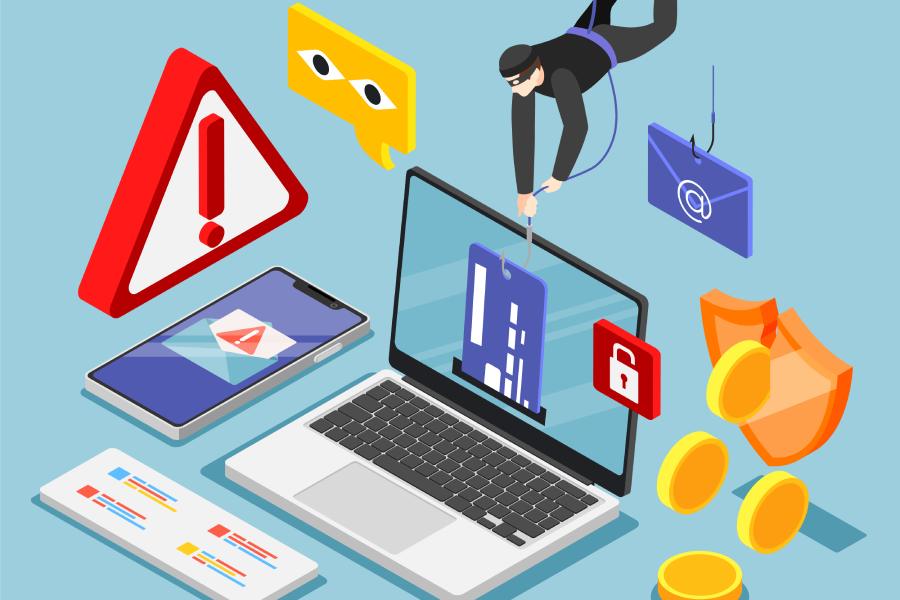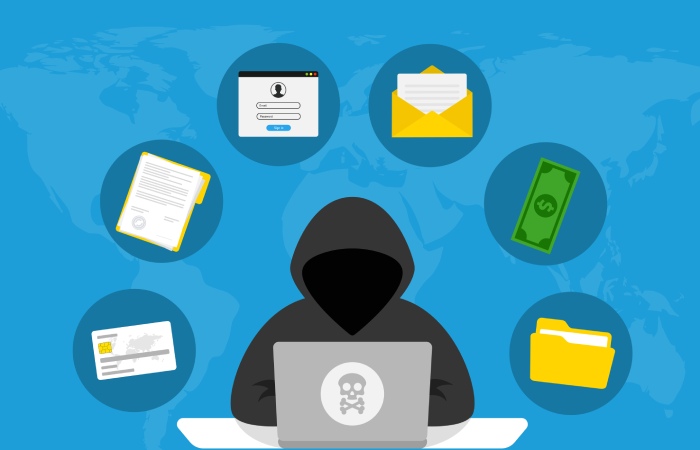If you’re a retired U.S. citizen, there’s a pretty good chance you collect monthly Social Security benefits. And if you do, there’s something you should know. Hackers are coming after your money.
From an article on the AARP website, “Crooks are turning to email as a way to steal Social Security benefits, often including official-looking attachments to make them seem legit, a new warning from the government says.”
First it was the phone, now it’s email. How bad it is? The Social Security Administration says it received more than 1,200 phishing complaints a day for the period ending September 20, 2019. That’s just the ones they know about.
To make things more believable, according to AARP, “The fraudsters may threaten you with arrest or claim that they can increase your benefit in an effort to get you to send them money. Typically, they ask for payment via gift cards, cash, prepaid debit cards, wire transfers or even bitcoin.” That should be the first clue it’s a scam. If someone is asking a retiree for bitcoin, it’s probably not legitimate.
The Social Security Administration does remind retirees that they will never send an email asking the recipient to provide personal data, “such as your Social Security number, date of birth or other private information.” Unfortunately, what the Social Security Administration doesn’t do is encourage retirees to purchase affordable, and easily-deployable email security technology to protect themselves from phishing emails in the first place.
For just pennies per user per month, cloud-based Phish Protection software sniffs out phishing emails like the ones in this Social Security scam and keeps them out of the user’s inbox. And if it’s not in the inbox, it can’t do any harm.
If you’re a retiree, be smart by being suspicious of any email claiming to be from or about your Social Security benefits. If you’re a retiree and you want to be really smart, protect yourself from Social Security scammers and every other type of scammer by protecting yourself with easy-to-use Phish Protection software. You worked too hard all those years to put your retirement at risk.



